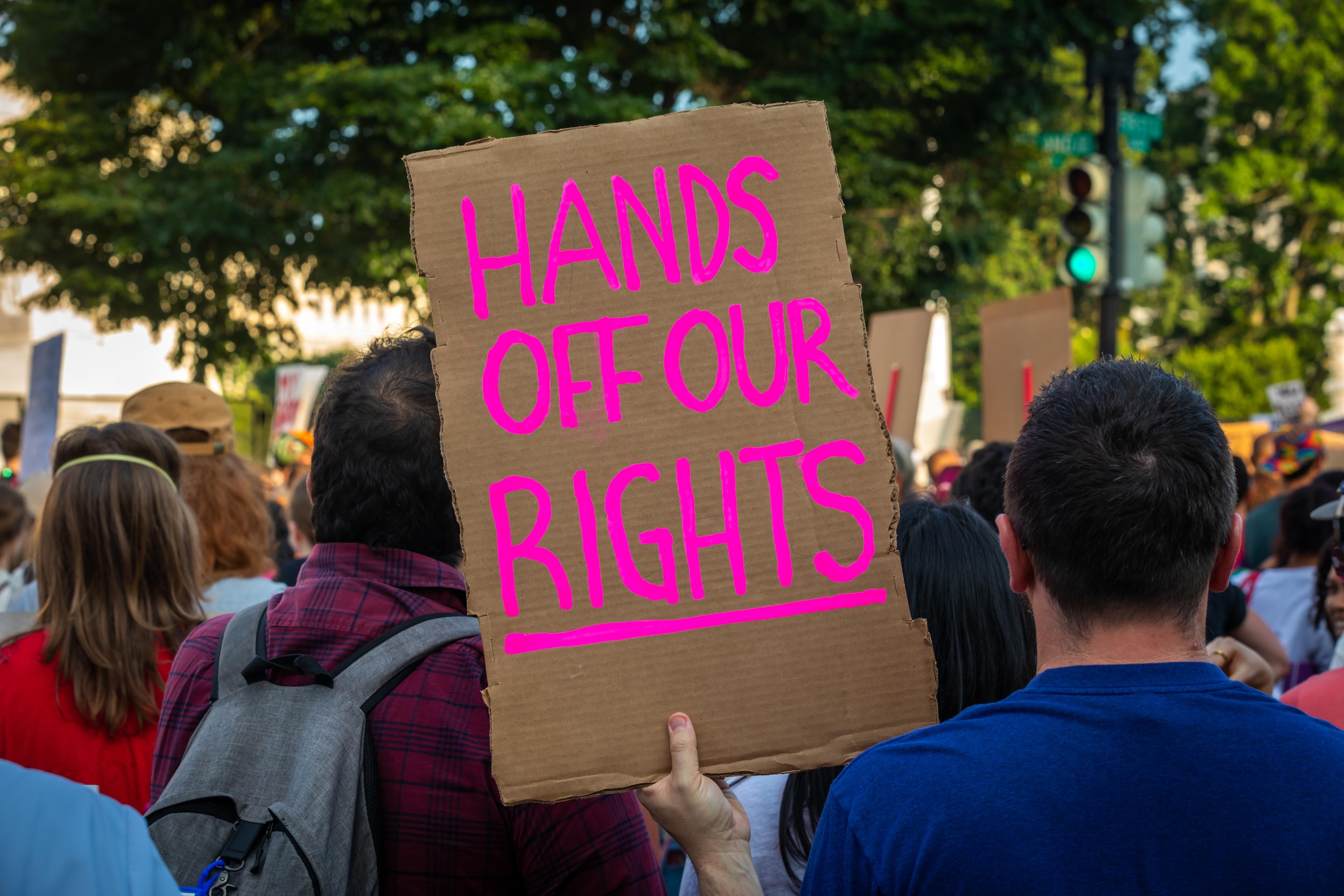The good, the bad and the ugly
Freedom by zip code: Inside America's new abortion landscape
When Trump proudly declared he'd appoint justices to overturn Roe v. Wade, he wasn't making empty campaign promises – he was announcing his intention to drag women's rights back half a century. And he delivered, with devastating efficiency.

Sarah Mitchell never got to choose. Last year, the 19-year-old Missouri student bled out in her dorm room, too afraid to tell anyone about the unsafe abortion she attempted after finding herself pregnant and trapped by her state's total ban. Her roommate found her too late. Sarah became another unknown casualty in America's war over women's bodies - a war that has finally reached a turning point, though too late for her and countless others who suffered in silence.
Today, that war's battle lines have been redrawn across America's heartland. Seven states have thrown off their chains, while three others tightened their grip. For more than two million women, the dawn brings hope. For millions more, particularly in Florida's sweltering south, the darkness deepens.
In Missouri, where women have endured two years of cruel restrictions, tears of joy mix with bitter memories. "We had to watch them drive away," whispers Maria Santos, a former clinic escort, her voice breaking. "Hundreds of women, terrified, desperate, making eight-hour drives to Illinois because their own state abandoned them. Some never made it back."
The numbers tell one story: 57% rising to 61% of American women will soon live in states protecting their right to choose. But behind each percentage point lies a thousand personal tragedies, a thousand impossible choices. In Georgia's Decatur County, Jessica Thompson maps out a 470-mile journey to North Carolina - a journey she knows she can't afford to make. "What do they expect us to do?" she asks, her hands unconsciously protective over her stomach. "Lose our jobs? Leave our kids behind?"
The victory in Arizona brings its own bittersweet relief. Their 15-week ban falls, replaced by protections until viability. "But what about the women we lost along the way?" asks Dr. Elena Rodriguez, wiping away tears as she prepares to reopen her clinic. "The ones who couldn't wait for election day?"
In states where abortion was already legal - Colorado, Maryland, Montana, Nevada, and New York - voters fortified their freedoms against future storms. But even here, the shadow of what was lost lingers. "We're building walls to protect ourselves," explains Colorado activist Maya Chen, "because we've seen how quickly rights can disappear."
The practical realities remain daunting. Waiting periods will still force women to make multiple journeys. Medication abortion faces new restrictions. Anti-abortion groups are already planning their next moves, their determination undimmed by defeat.
Yet in Missouri's reopening clinics, hope blooms like flowers through concrete. Planned Parenthood's Emily Wales surveys the dusty rooms that will soon again offer sanctuary. "We'll be ready," she promises. "We'll be here. No more dying alone in dorm rooms. No more crossing state lines in the dead of night."
As the sun sets on this historic election day, somewhere in Florida a young woman sits in her bathroom, staring at two pink lines on a pregnancy test, knowing her state just voted to deny her choice.
Six hundred miles away in Missouri, another woman weeps with joy, clutching her phone with trembling fingers as she finally makes an appointment she's waited two years to make.
This is the reality of reproductive rights in America - a patchwork of freedom and constraint, of triumph and despair, where your zip code determines your autonomy, and where the fight for basic healthcare continues to extract its pound of flesh from those who can least afford to give it.
The battles have been won in seven states, but the war for women's bodies rages on. And somewhere, in a college dorm room much like Sarah's, another young woman waits in fear, hoping help will reach her in time.